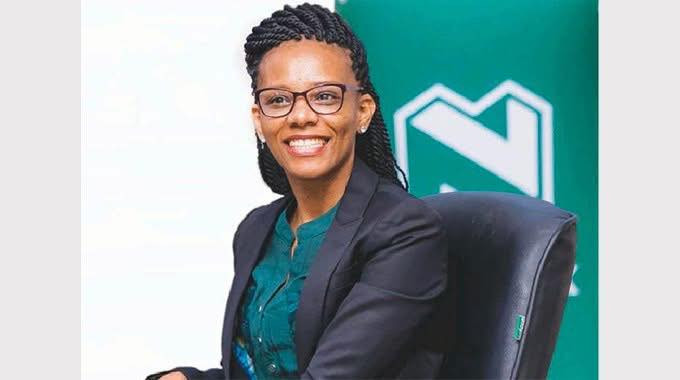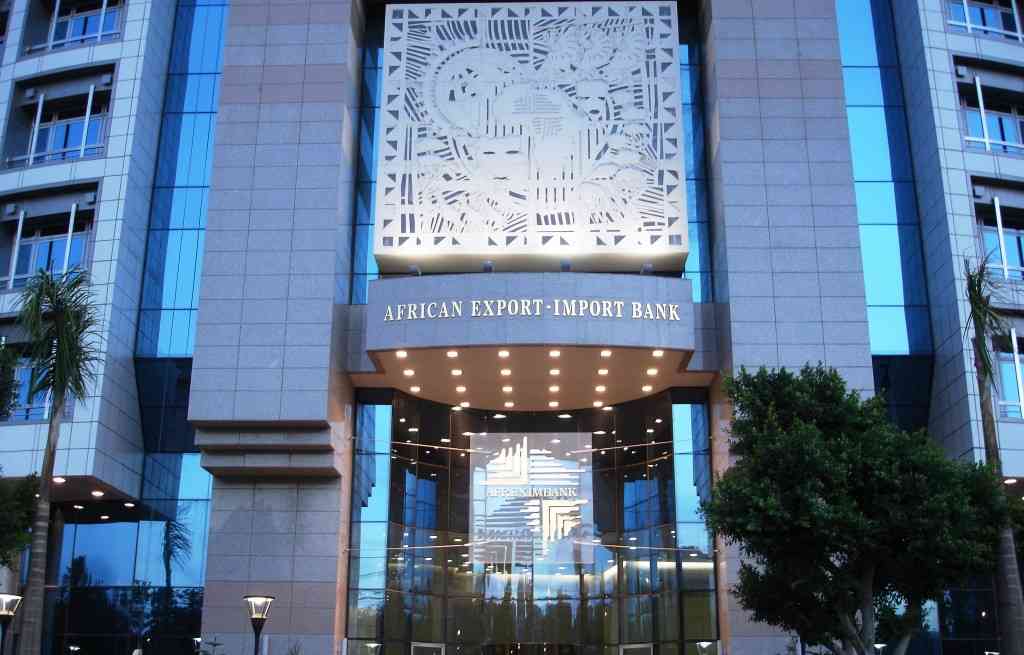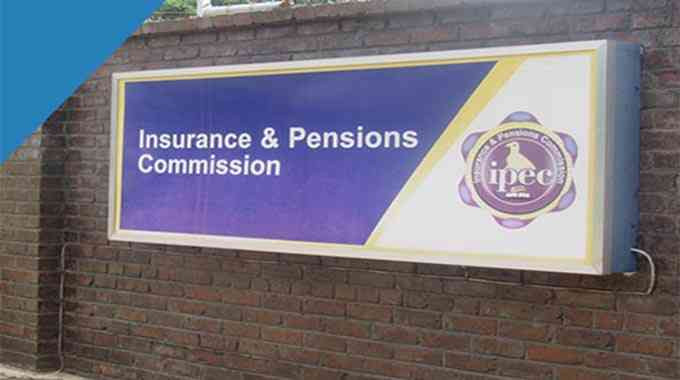
SHAME MAKOSHORI POSB chief executive officer (CEO), Admore Kandlela has reassumed his role at the mass market lender after President Emmerson Mnangagwa accepted proposals by the bank’s board to extend his contract by another year.
It is the first time that Mnangagwa has made the bold move to extend a contract of the state-run bank’s CEO.
Under the Public Entities Corporate Governance Act, a CEO can serve a maximum of two five-year terms before stepping down.
But POSB holds a key place at the heart of Zimbabwe’s economy, with crucial assignments that include handling pensions and other vital government finances.
Yesterday, the bank downplayed earlier claims that the top banker was desperate to cling to the top chair, saying Kandlela was in the midst of overseeing a privatisation process.
Government controls 100% shareholding in POSB.
But under a plan, which was firmed up after Mnangagwa assumed office in 2017, government wants to whittle down its shareholding by parcelling significant stakes to private investors.
The top banker was due to retire at the expiry of his 10-year tenure in October 2021.
- Chamisa under fire over US$120K donation
- Mavhunga puts DeMbare into Chibuku quarterfinals
- Pension funds bet on Cabora Bassa oilfields
- Councils defy govt fire tender directive
Keep Reading
The bank had appointed a recruitment agency to lead the hunt for his replacement before his exit was halted.
“The CEO’s contract of employment that had expired on the 10th of October 2021 was extended by another year following the requisite approval by the Minister of Finance and Economic Development in consultation with the President,” POSB chairperson Israel Ndlovu said.
“The board resolved to seek the extension of his services to facilitate the smooth completion of the partial privatisation of the bank. The bank is one of the state entities earmarked by the government for partial privatisation.”
The road map to privatisation has been long and complex, with agencies appointed to assist a special technical committee assigned by government to preside over the process.
There has been several back and forth consultations in government to ensure the State gets a fair deal when new investors troop in.
It has taken almost four years since Mnangagwa took power to come up with a sustainable transition model.
KPMG Advisory Services Zimbabwe has been given the mandate to provide transactional advisory services, Ndlovu said yesterday.
He said in September 2021, KPMG engaged stakeholders to rave up the process.
“The final privatisation strategy was subsequently presented and approved by the board and the technical committee in February 2022. In light of this development, it is reasonable to anticipate that the identification of the ideal investors and proposals for the listing of the bank on the stock exchange will be ready for approval by Cabinet in the second half of the year 2022,” the POSB chairperson said.
Subsequent to privatisation, POSB is expected to list on one of Zimbabwe’s two stock exchanges.
The bank intensified the listing plan in September when Ndlovu disclosed that it could list on the Zimbabwe Stock Exchange by way of an Initial Public Offering.
In February, claims emerged that Kandlela’s retirement had divided the bank’s board.
However, the banker was quoted as saying while his tenure had ended he was still below the legally acknowledged retirement age.
“I am still below retirement age,” he was quoted by New Zimbabwe.com saying in February.
“What a pity,” New Zimbabwe.com quoted him as saying.
“This post is being advertised in the press. Watch out this coming week and apply for the post please. It’s being advertised through Proserve for these complaining younger candidates. There are no unnecessary additions. I am still below retirement age. You need better facts face to face,” he added.
But generally, the State has been unwilling to let go of parastatals like Agribank, POSB, Air Zimbabwe and National Railways of Zimbabwe.
While POSB has been profitable, most State firms have been broke for a long time.
Their contribution to gross domestic products declined to about 12% two years ago, from 40% in the mid-1990s.
And the Ndlovu–led board says drafting in a new CEO at this stage could derail the plan.










